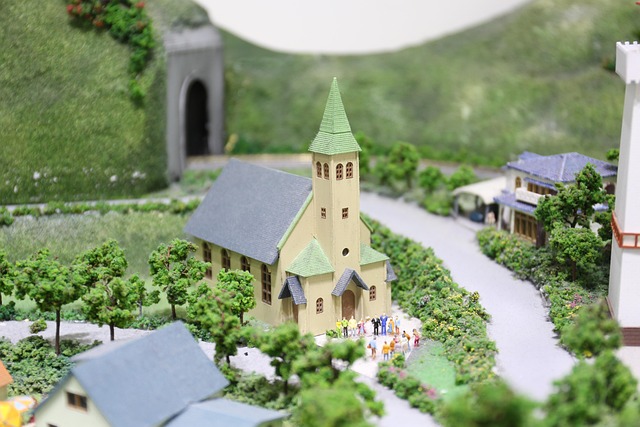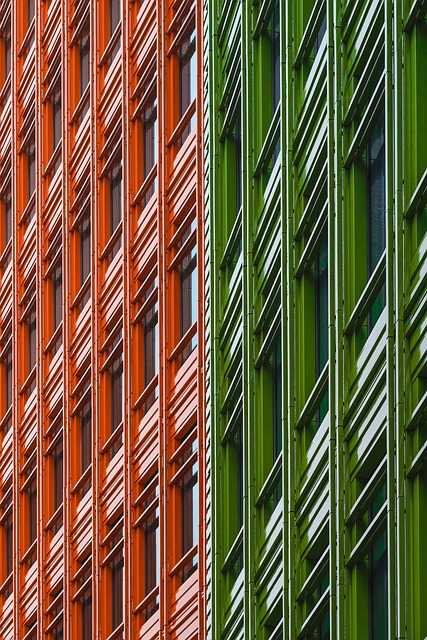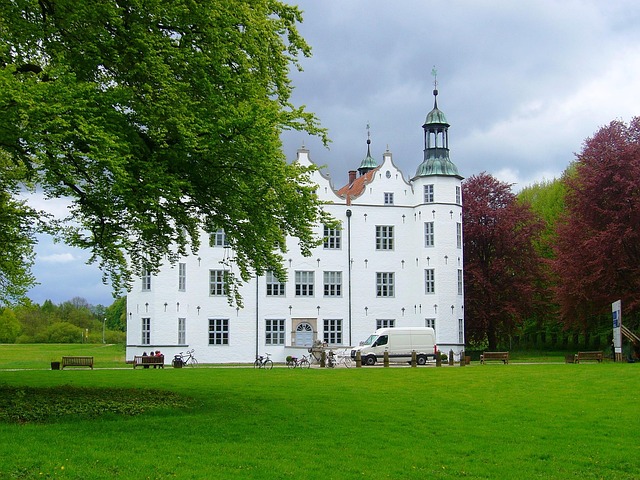The real estate industry is rapidly embracing sustainability as environmental consciousness grows among consumers. Driven by demand for eco-friendly practices, developers are adopting materials like recycled steel, bamboo, and energy-efficient glass to reduce carbon footprints and offer improved energy efficiency. This trend not only addresses climate crises but also enhances property values, attracts environmentally conscious buyers, and contributes to healthier living spaces.
In today’s digital era, the real estate industry is navigating a growing trend: embracing eco-friendly materials to lower environmental impact. This shift isn’t just a response to increasing sustainability demands; it presents tangible benefits for developers and homeowners alike. From reduced carbon footprints to enhanced property value, the role of sustainable practices in real estate is becoming increasingly pivotal. This article explores the transformation, delving into various eco-building materials, addressing implementation challenges, and highlighting successful cases, all with a focus on enhancing environmental stewardship in the real estate sector.
The Role of Eco-Friendly Materials in Real Estate: A Growing Trend

In today’s world, where environmental consciousness is on the rise, the real estate industry is experiencing a significant shift towards eco-friendly practices. The integration of sustainable materials in construction and design is no longer a niche trend but a growing necessity and popular choice among developers and homeowners alike. This movement towards greener options is driven by the undeniable need to reduce the sector’s substantial carbon footprint.
Eco-friendly materials offer an array of benefits, from improving energy efficiency in buildings to minimizing waste generation. As consumers become more environmentally aware, they are actively seeking out properties constructed with sustainable materials, pushing the real estate market to adapt and evolve. This trend not only promotes a healthier planet but also ensures that spaces where people live and work are more comfortable, durable, and aesthetically pleasing.
– Exploring the demand for sustainable practices in the real estate industry
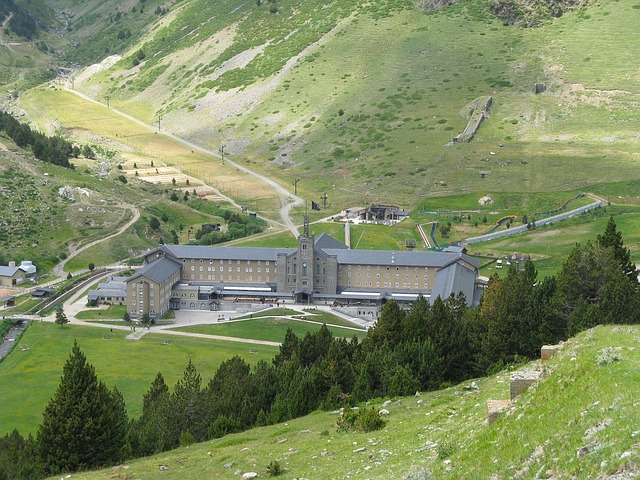
The real estate industry, a powerhouse that shapes our built environment, is undergoing a significant transformation as demand for sustainable practices soars. Eco-conscious buyers and investors are increasingly prioritizing properties with minimal environmental footprints, driving developers and builders to embrace eco-friendly materials. This shift isn’t just a response to growing environmental awareness; it’s also a strategic move to future-proof the industry, given the escalating climate crises.
In light of this trend, the real estate sector is witnessing the widespread adoption of sustainable materials like recycled steel, bamboo, and energy-efficient glass. These alternatives not only reduce the carbon footprint associated with traditional construction but also offer long-term cost savings through enhanced energy efficiency and reduced maintenance. As such, the exploration of eco-friendly options isn’t just a passing fad; it’s a critical component of the industry’s evolving landscape, signaling a promising path towards more sustainable and resilient communities.
– Benefits of using eco-friendly materials for developers and homeowners
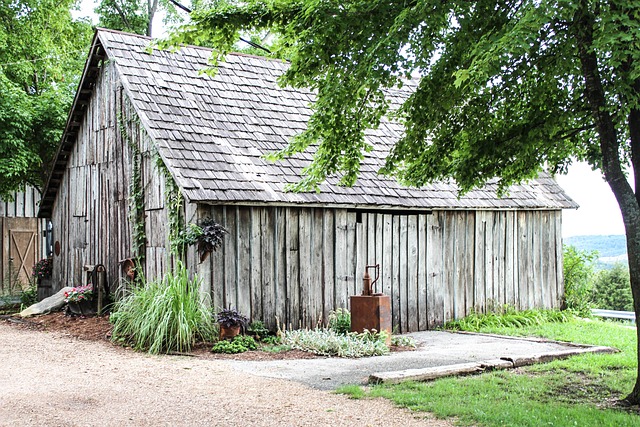
Using eco-friendly materials in real estate development offers significant advantages for both developers and homeowners. Firstly, it reduces environmental impact by minimising waste and lowering carbon footprints throughout the building’s lifecycle. This is particularly appealing to environmentally conscious buyers who increasingly seek sustainable homes. Eco-friendly materials also contribute to healthier living spaces as they are often non-toxic and free from harmful chemicals, leading to improved air quality and reduced health risks for occupants.
Additionally, these materials can enhance a property’s value over time. The demand for eco-conscious real estate is rising, meaning homes constructed with sustainable materials may command higher prices and attract discerning buyers. For developers, embracing eco-friendly practices can lead to better market positioning and enhanced brand reputation, solidifying their place in the forward-thinking, sustainable building sector.
